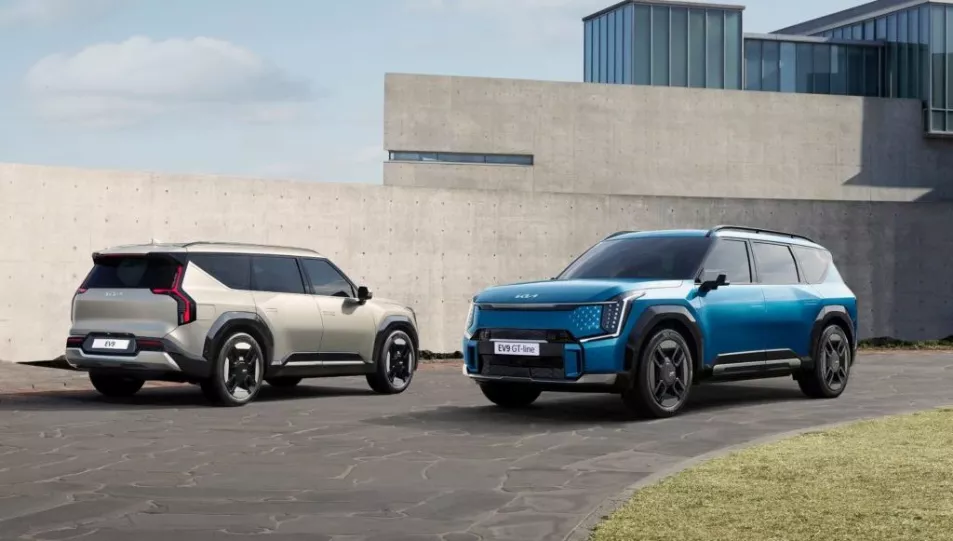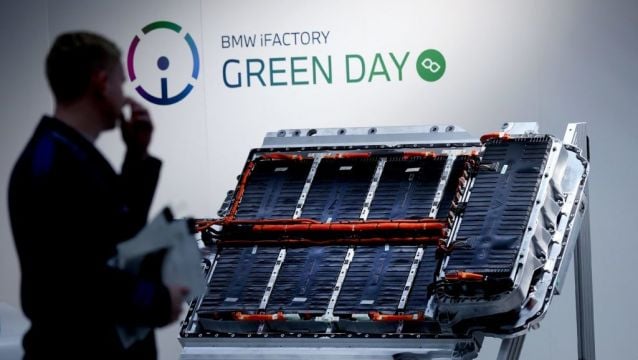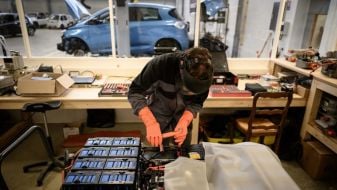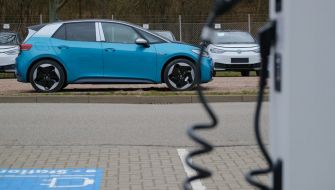There seems to be an awful lot of misinformation, half-truths, and plain old panic about EVs, especially once you look into the cesspool that is social media.
There are plenty of hurlers on the ditch when it comes to electric cars and batteries. So Breakingnews.ie is going to try and break down the wall of FUD (Fear, Uncertainty, and Doubt) that surrounds electric cars right now, starting with…
“EV batteries don’t last, EV batteries degrade quickly and are expensive to replace, old batteries are environmentally hazardous, and if you buy a used EV, you have to replace the battery.”
Actually, all of the above statements are largely misinformed. Yes, batteries do degrade over time, but according to all the facts gleaned from more than a decade of selling electric cars, batteries are far out-performing their original specifications.
Graeme Biggs, head of communications for BMW in the UK and Ireland points out that the German carmaker has more experience with this than most. “We were very early to the market with the original i3,” said Biggs.
“It was really just us and the Nissan Leaf at that stage. So we're actually in an almost unique position to take a view on battery life. We've got quite a lot of i3s that are still running around that are 10 years old and are being sold second- and third-hand at reasonably high prices.
"Looking at the usability of those batteries, I think when we first launched those cars, we did think six, maybe eight years would pass and you might need a new one. That's not the case. We've got lots of 10-year-old cars that we've looked at and assessed, and they still got plenty of battery life, very usable battery life left, between sort of 75 and 85 per cent of their original capacity.”
While there have been horror stories in some quarters of the media about massively expensive battery replacements for older cars, the fact is that research by US company Recurrent found that only 1.5 per cent of all electric cars have ever needed a complete battery replacement. BMW’s warranty department in the UK says that it has never — in 10 years — had to carry out a full battery pack replacement.
There is a misconception that whole batteries need to be replaced
“There is a misconception that whole batteries need to be replaced. If there is an issue in one of the cells in our batteries that can be replaced,” said Stephen McGrath from Peugeot Ireland.
Ronan Flood from Kia Ireland says: “It’s important to remember that batteries are comprised of cells and modules. Take our EV9. This car has 456 cells within 38 modules. If, for some reason, a battery fault is detected, the fault can be isolated to a single module for replacement. This is comparable to changing a piston in an engine rather than replacing the entire engine.”

As for the environmental impact of a battery, actually it’s not too bad. While there are some chemicals and metals in a battery which aren’t so nice — mercury, lithium, cadmium — the fact is that batteries are entirely reusable and recyclable.
Damien O’Sullivan, brand director at Audi Ireland tells Breakingnews.ie: “Among other benefits, the reuse of valuable resources can help reduce our dependency on critical primary raw materials. It can also reduce the carbon footprint when the processing of used materials results in lower emissions than the production of new primary materials.

"The reuse principle is particularly important with electric vehicles, especially with respect to their batteries. Premature disposal of batteries makes neither ecological nor economic sense, since high-voltage batteries can continue to be used even after years of use on the road.
"To that end, Audi is pursuing two possible reuse objectives within the Volkswagen Group: firstly, remanufacturing, which entails the continued use of high-voltage batteries in electric vehicles. And secondly, so-called second-life concepts, which allow batteries to have a second life for years outside an electric vehicle.”
If you’re still worried about battery longevity, well think of this — as Volkswagen Ireland’s Pierre Boutin told us: “At Volkswagen Group, we have confidence in our battery technology. That’s why all electric vehicles from the Volkswagen Group come with eight-year, 160,000km warranties.”
Those eight years mean any issues with the battery which might arise won’t be a problem for the first, second, or even third owner. And given the falling prices of battery tech and manufacturing, by the time a battery is out of warranty, it’s likely that batteries will be far, far cheaper to fix anyway.







